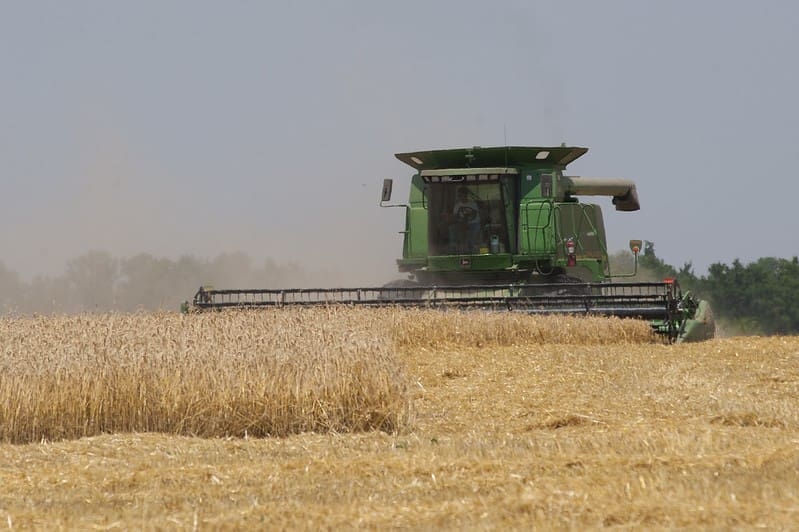By Trish Svoboda
Drought significantly impacts wheat production, leading to reduced yields and shortened plant heights. Post-harvest herbicide applications are also affected by drought, according to Kansas State University weed specialist Sarah Lancaster.
Drought-stressed and partially harvested weeds are difficult to control. Effective herbicide programs require actively growing weeds for herbicides like glyphosate and contact herbicides like paraquat or Sharpen to be absorbed. Lancaster advises waiting for weed regrowth before applying herbicides.
For un-sprouted weeds, she recommends using herbicides with residual activity, such as atrazine, commonly used with metribuzin. Both are photosynthesis-inhibiting herbicides but differ in controlling resistant weed species like kochia and pigweeds. Other options include Sharpen, Reviton, and Valor, though some pigweeds have resistance to these Group 14 herbicides. Knowing the specific weed population is critical. Effective post-harvest weed control reduces seed banks, conserves water for subsequent crops, and improves yields and crop performance.













